After a stroke occurs, a common case that plays out is seeing a team of healthcare professionals issuing expert opinions and prescriptions to stroke survivors and their families. This approach, though effective in providing care after stroke, often fails in asking an important question to a stroke survivor:
What does this stroke mean to you?
Human experiences are important, and experiences vary for affected persons when a stroke occurs. Thus, generalizing interventions for stroke survivors based on what we, as health professionals or even family members, think may be a disservice to holistic care. Due to this reason, a team of clinical researchers posed some fundamental questions on stroke experiences to stroke survivors in Nigeria [1], and their findings were phenomenal.
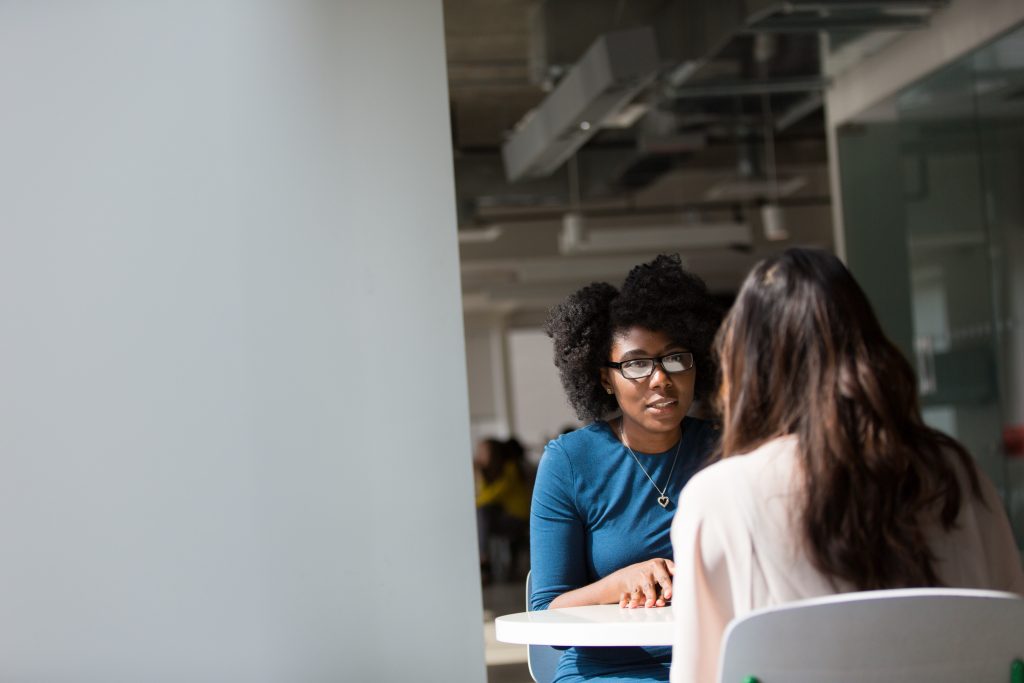
A Little Background
The information in this article is taken from a recent publication that focused on the experiences of stroke survivors. Though the content of the following portions of this article may appear simple, they are often overlooked in stroke care. Also, in spite of their simplicity, they may make the biggest difference to stroke survivors. This is not unexpected, especially since the researchers took a big leap from questions that matter to healthcare documentation to the “concerns, hopes, dreams, and daily routines” of stroke survivors.
These findings were drawn from 12 stroke survivors, who are people from different occupations, educational statuses, and ages. First, this reveals that a stroke is an unwanted friend that knocks at doors without invitation. Thus, stroke education and awareness are still essential for everyone. With this in mind, we can hear what the stroke survivors had to say about the stroke.
How Does It Feel When a Stroke Happens?
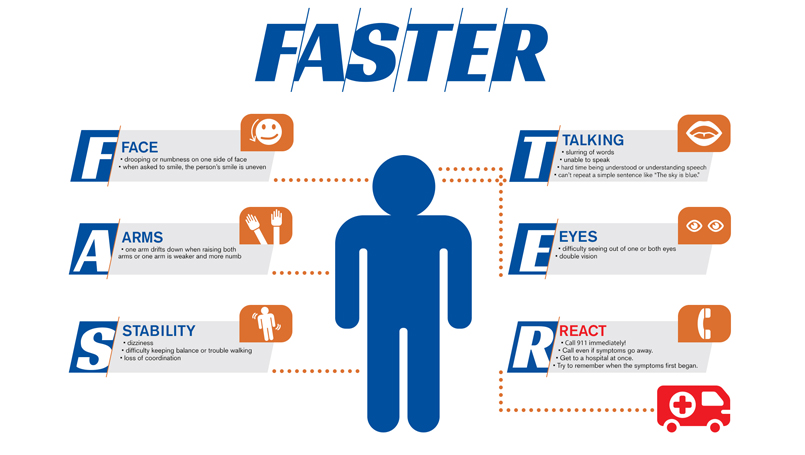
If you ask a clinician what it means to have a stroke, they would most likely tell you about FAST or FASTER, depending on who you ask. But to one of the survivors, stroke felt like a disconnection in the body, where everything stood still. For another, it was an immobility, an inability to rise from the bed.
Another survivor only noticed a gradual weakness in their hand and leg. Yet, in another dramatic onset, a survivor reported that they were writing, and their legs began to shake for minutes. Some noticed a weakness while walking back home from a religious gathering, and one had a stroke while using ablution facilities.
Perhaps this means that stroke may not always show up with facial weakness or slurring of speech when it sets in. But it is surely “dramatic” in its onset, and one weakness leads to another or a cascade of other events.
The big point of action is promptly reporting any sign of sudden weakness to the hospital because every minute counts and can make a big difference in who lives or dies after a stroke. Or who has to deal with mild abnormalities and who has to face extreme challenges after a stroke.
What Does Having a Stroke Mean in Everyday Living?
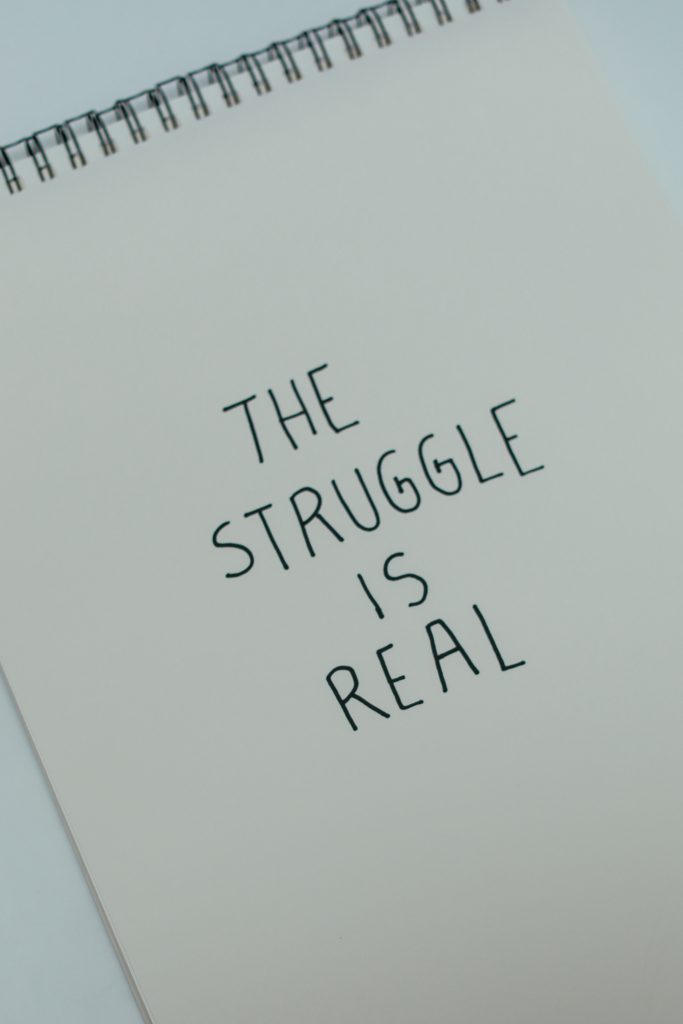
Next, the stroke survivors recalled the result of the stroke on their daily activities, engagements, and functions. While the effort after a stroke is usually on getting the patient to walk or regain their independence, the survivors provided more nuanced details of what they encounter daily.
The stroke survivors recounted experiences like excruciating pain in the parts of the body, generalized body weakness, including sexual organs, inability to express fine movements in writing, and walking at a reduced pace, unlike before the stroke.
Also, a survivor described how they feel like their brains can no longer function at the level of intellect they used to have, up to the point that they get comments about that from people around them.
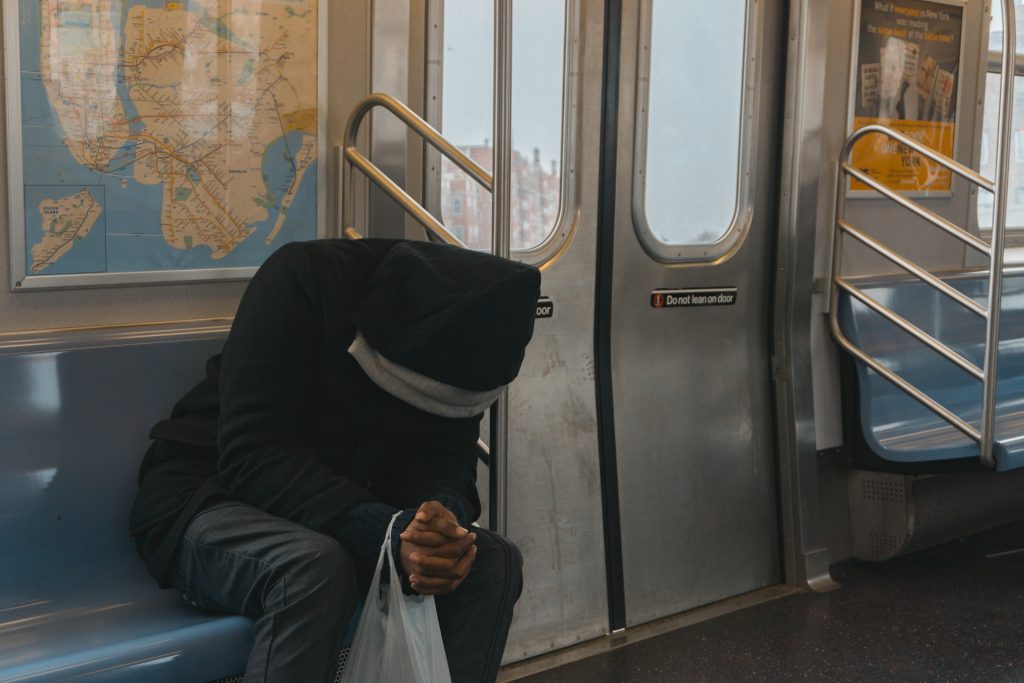
These experiences had consequences, as most of these survivors could not participate in activities they enjoyed, like house chores, religious activities, or social engagements. Worse still, these limitations led to some of the survivors losing their jobs, falling into extreme financial situations, or having their career aspirations cut short.
Yet, many of the stroke survivors, despite the limitations, were very motivated to achieve recovery. In fact, some of the survivors pushed themselves to bathe, cook, dress, and so on. The role of motivation of stroke survivors in recovery has been well reported, and this definitely plays a role in improving the outcome of stroke care [2].
What Does a Stroke Do to the Mind and Personal Relationships?
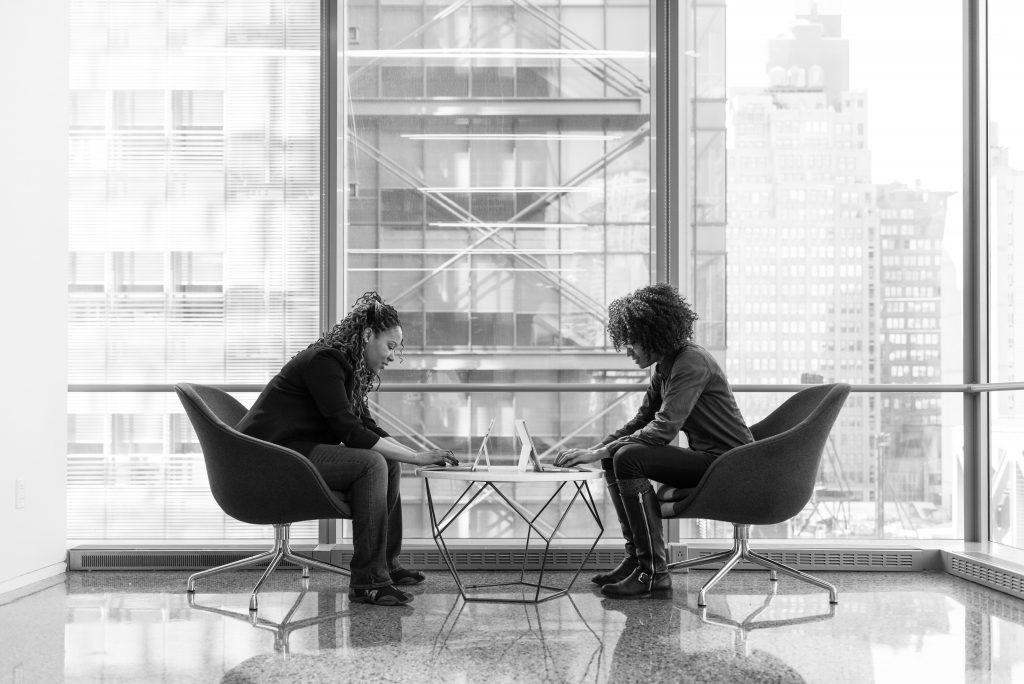
If you ever thought a stroke only affects how people walk and move, you are quite far from reality. Stroke survivors describe a pot of emotions mashed between negative ones like hopelessness, regret, blame, and grief, to positive ones like faith and hope. Some described stigma from friends and family, while many stroke survivors blame themselves for their condition.
Yet, some stroke participants don’t remain in the negative states forever. Survivors were noticed to move on to accept the conditions and make the best of the situation. Although faith and social support, especially family support, were instrumental in contributing to this. Clearly, spousal, children and community support are very beneficial in stroke care.
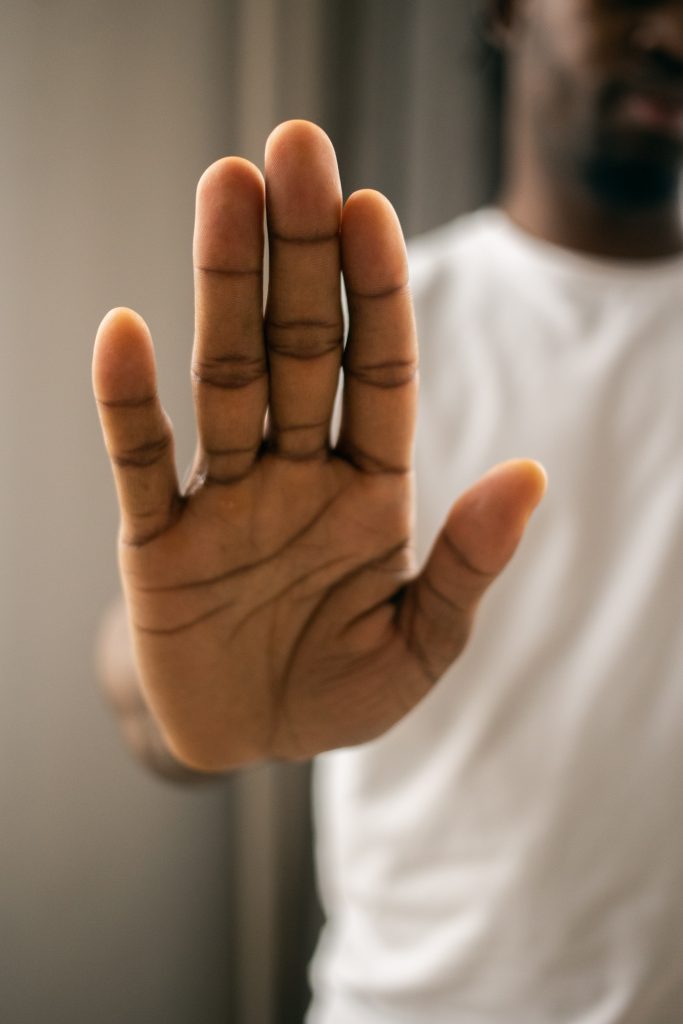
On the other end of the spectrum, some survivors did not receive tender loving care and support from their families. A survivor narrated the ordeal of his wife walking away after the stroke, and a few other survivors described the double jeopardy of their families departing from them and also facing disappointment from acquaintances after the stroke. Notably, younger male stroke survivors reported negative social support and spousal rejections.
Stroke experiences vary by individual and are influenced by cultures, communities, health systems, and resources. Nigerian stroke survivors have described their experiences and what matters to them, and this provides an opportunity to address three categories of people:
The “Healthy” Population
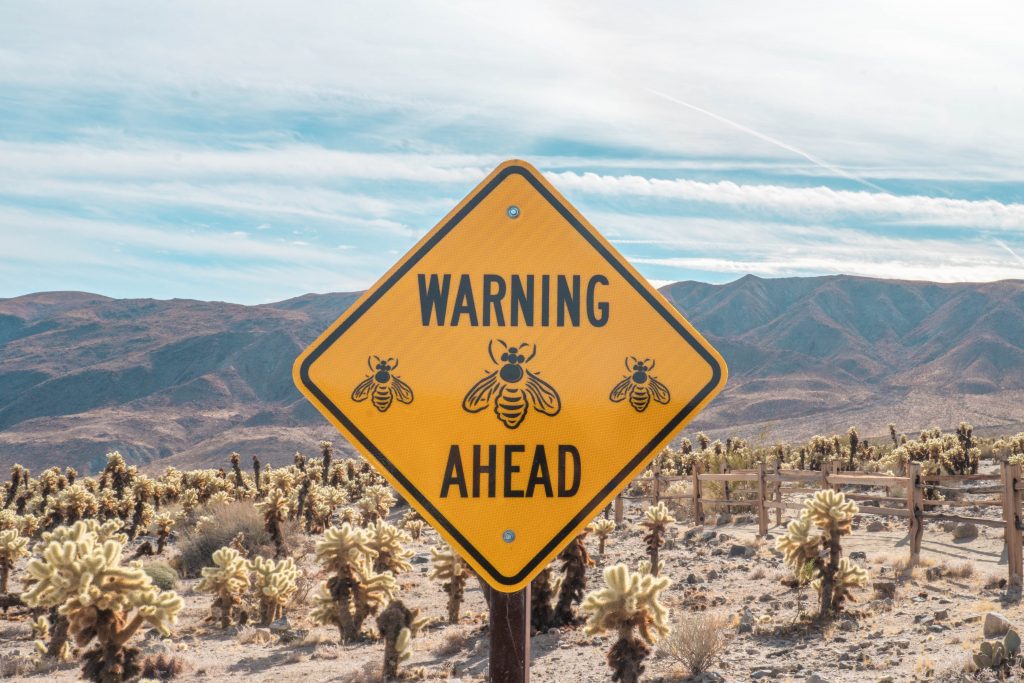
Obviously, stroke does not discriminate. Thus, preventing stroke is wise! Know the risk factors and manage them appropriately. Apparently, none of the stroke survivors foresaw they were going to have a stroke. In fact, some described avoiding or denying any of the risk factors they had. To avoid getting into the same loop, you can find helpful information here about stroke risk factors.
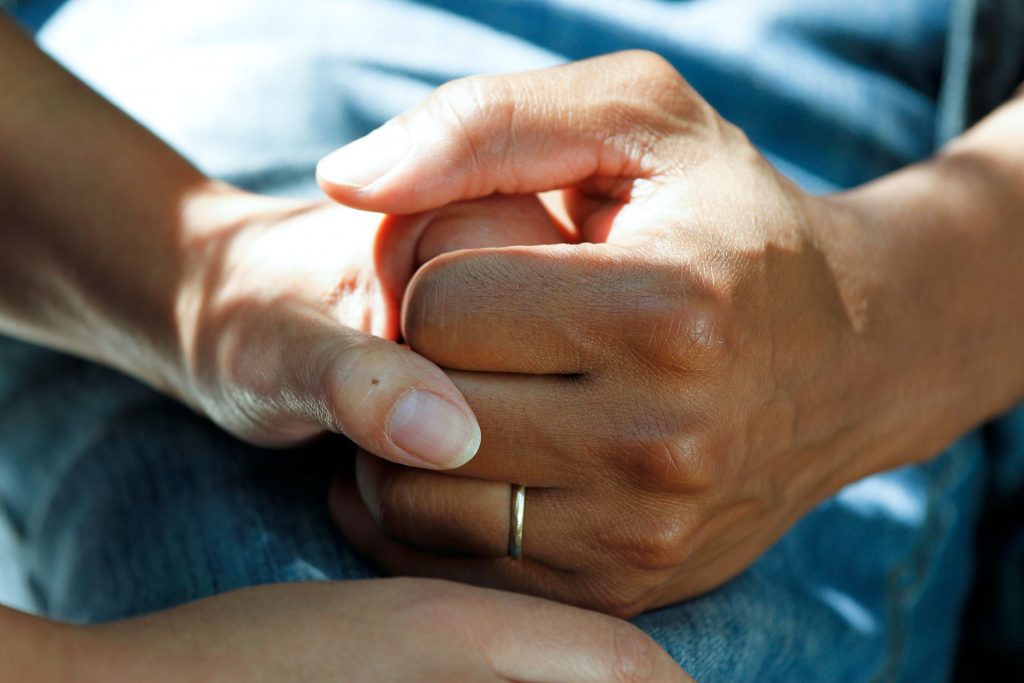
Also, we all know that caring for another person is demanding, yet, we must ensure that we offer our best care to people when they are going through a health incident. The stroke survivors recognized the care and support they got from family and friends during the stroke and it makes all the difference in motivation and recovery.
The Healthcare Professional
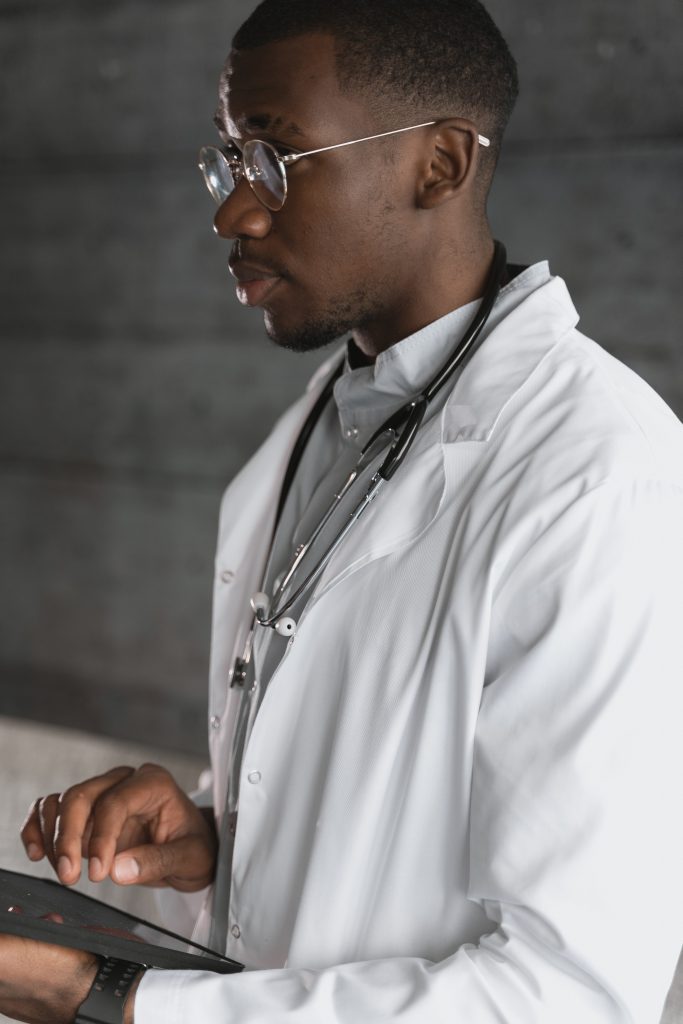
There is a tendency to see stroke survivors as patients only, but these survivors are also humans with emotions. Thus, providing holistic care after a stroke should not be based solely on what we think is right for the patients but also on listening to their needs and concerns.
Patients must always be recognized as the key players when making decisions about care, and a biopsychosocial approach will invariably defeat a biomedical model in healthcare.
The Survivors

While hope may fail and support may be lost after a stroke, never forget that you are not alone in this journey. First, there are other survivors out there who have passed this same path and emerged champions. Therefore, keep your hopes high and stay motivated.
Next, there are always communities you can join, such as the Stroke Survivors Support and Rehabilitation Club of Nigeria (SSSRCN), where professionals and people with lived experiences at different stages of recovery can support and encourage you.
Remember, help will always be available if we reach out for it.
References
- Ogunlana, M.O., Oyewole, O.O., Nwosu, I.B., Govender, P. Exploring the life experiences of stroke survivors in Nigeria using the interpretive phenomenological analysis. Bull Fac Phys Ther 28, 13 (2023). https://doi.org/10.1186/s43161-023-00123-0
- Yoshida, Taiki, Otaka, Yohei, Osu, Rieko, Kumagai, Masashi, Kitamura, Shin, and Jun Yaeda. “Motivation for Rehabilitation in Patients With Subacute Stroke: A Qualitative Study.” Frontiers in Rehabilitation Sciences2, (2021): 664758. Accessed August 8, 2023. https://doi.org/10.3389/fresc.2021.664758.
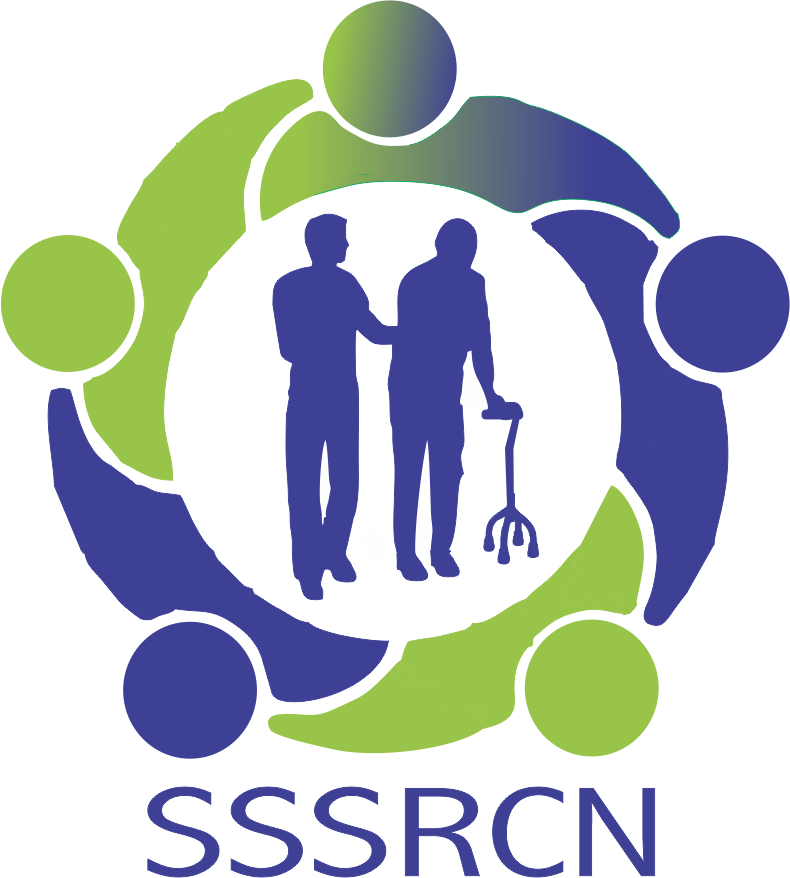

Nicely put up! Kudos team!
Thanks for reading!
This is a great write up! much more than the physical disability stroke patients come down with, they also come down with psychological and emotional problem which should be put into consideration by the therapist while managing them and also the caregivers /Relatives.
Yes, the other components of health are very important also.
I enjoyed reading this. It is pertinent to try to see from a survivor’s perspective, I believe that will improve my approach to stroke care as a physiotherapist. Well done 👍
Thanks for reading!